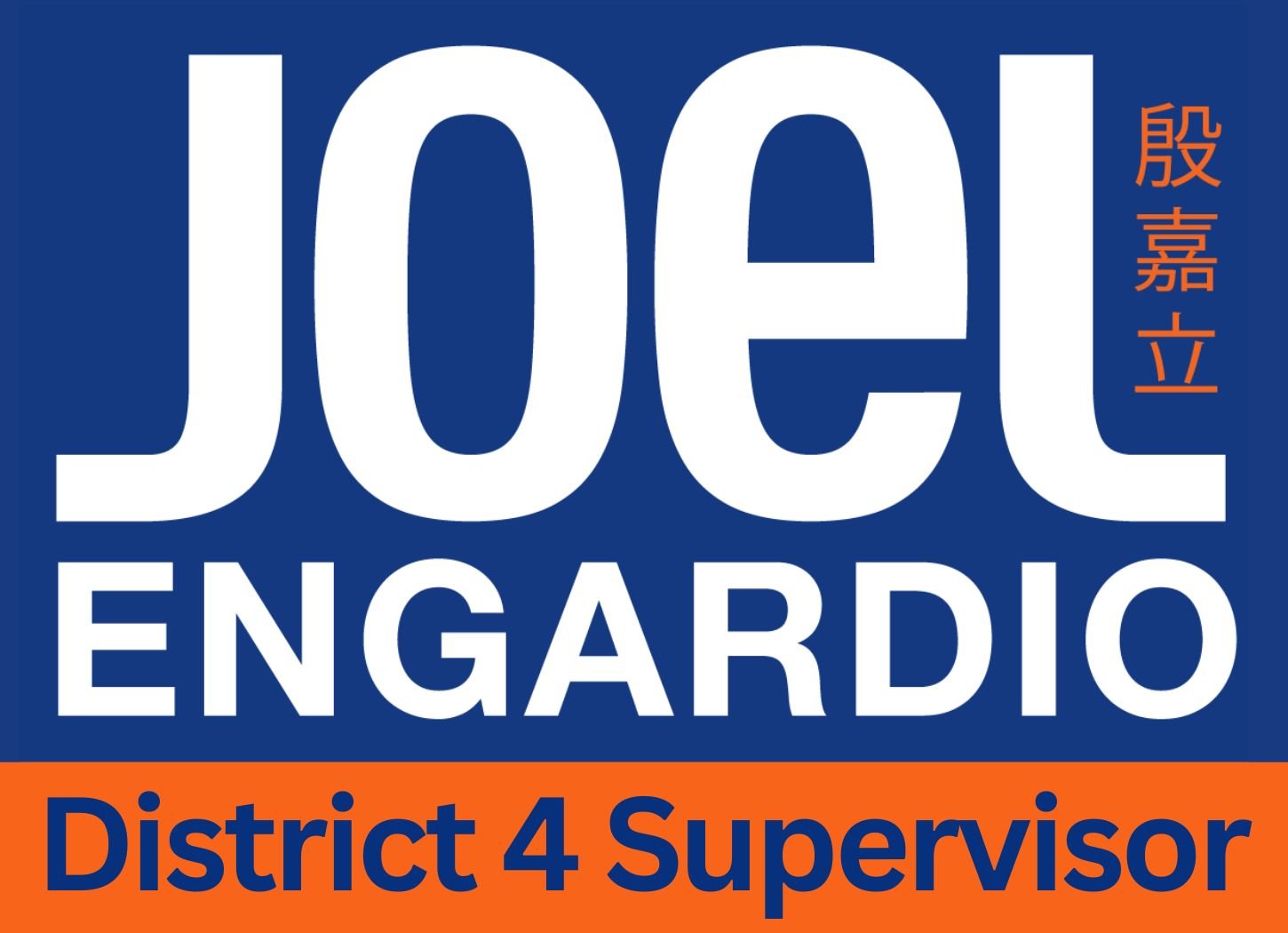Yet Another Advocate Doesn’t Mean Better Advocacy
By Joel P. Engardio
There’s talk about creating a new citywide elected office in San Francisco called the public advocate.
For anyone who ever had a problem they needed fixed at City Hall, I can see why a public advocate might sound like a great idea. Trying to navigate the rabbit hole of bureaucracy within city departments can be maddening. Some elected supervisors are notoriously unresponsive to constituent complaints. Calling the 311 city services hot line often sends you back to the very department you’re having trouble with.
Yet if the public advocate is the one elected official dedicated to holding all other elected officials and city departments accountable to the people they serve, who oversees the public advocate?
And how do we keep that office from becoming a bloated, ideologically driven and inefficient parody of the offices it monitors?
We only have to look at the termed out elected officials who are pushing the public advocate idea to worry where this is headed. They have no other offices to run for and are looking for another paid government job. Worse, they represent the political camp that wants to preserve San Francisco in the past and resist real progress.
The last thing we need is a public advocate who uses the power of the new office to hinder the actual mayor’s ability to govern until they can run for mayor.
Plus, our local government is too unwieldy as it is without adding more bureaucratic layers. We need to focus on improving the accountability systems we already have.
There’s no shortage of advocates in San Francisco, when you consider our two dozen elected officials who gave an oath to uphold the public interest.
There are 11 supervisors who directly serve the voters in their district and act as a check and balance to the mayor, similar to the design of Congress and the president. We have an elected city attorney, public defender, district attorney, sheriff, property assessor and treasurer. We also have elected boards for our public schools and City College.
Then there are the 60 or so commissions that seem to cover every imaginable issue.
But what if we’re not happy with the results of all this advocating? When our elected officials disappoint, we should vote them out of office. That is the simple solution.
A majority of the supervisor seats are up this November. You have the opportunity to elect six real advocates. If the current candidates don’t fit the bill, the deadline to declare a supervisor candidacy is June 14.
Politicians love to campaign on what they will do at City Hall -- the laws they will pass, the committees they will create, the hearings they will convene. It would be refreshing if a candidate ran with the aim to un-do some things.
Consider that City Hall’s $9 billion budget has nearly doubled in 10 years. Is anything twice as good? From potholes to homelessness, it seems everything has gotten worse. But the number of city employees keeps growing – now above 30,000.
A public advocate office would require a vast staff that would add even more tentacles to the City Hall apparatus with no definition of success or how to measure it.
If we really want to hold local government accountable, we should invest more in the Ethics Commission – one of the commissions we actually need among the myriad we have.
Instead of pouring millions of tax dollars into the black hole of a newly created public advocate office, we should spend that money on the underfunded and largely toothless Ethics Commission so it can actually do its job.
And here’s a radical idea: Spend the money setting up a public endowment for investigative journalism. It’s no longer financially possible for news organizations to play their historic role of government watchdog. As Thomas Jefferson said, newspapers without a government are preferable to a government without newspapers.
Yes, San Francisco needs public advocates. But not another office that trades in the patronage and power it is supposed to be protecting us against.
Also published in San Francisco Examiner May 15, 2016

